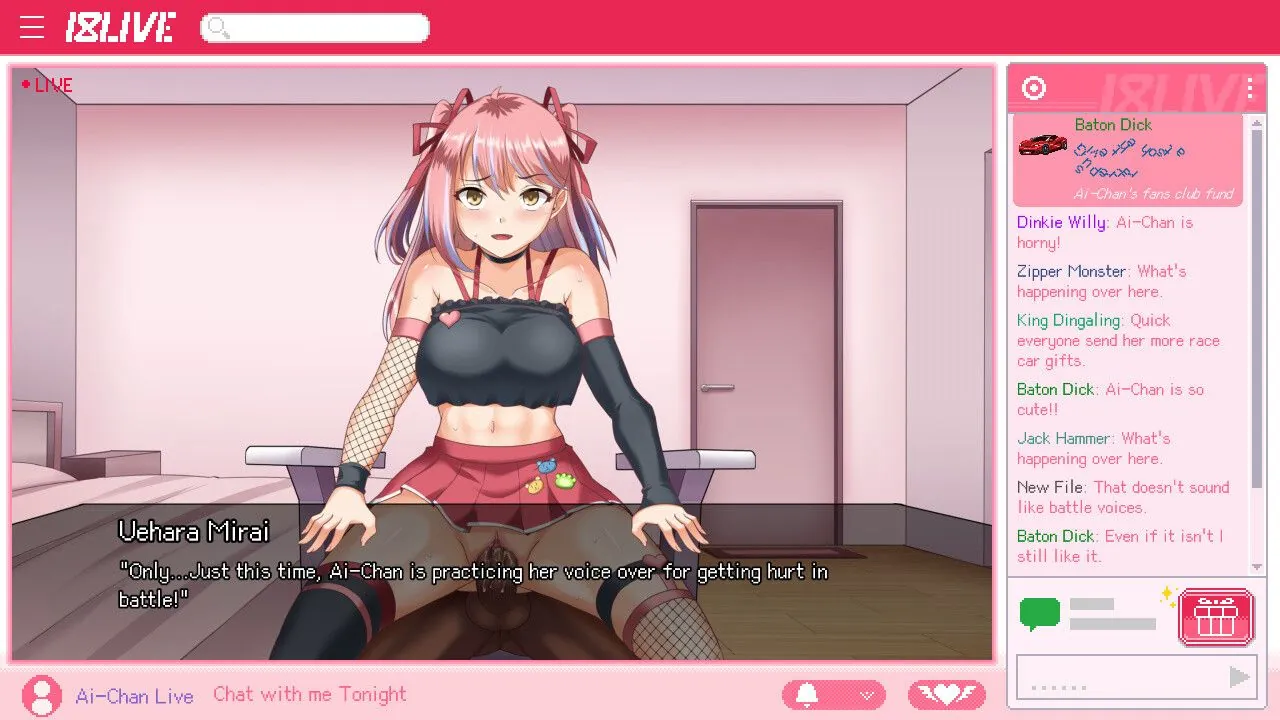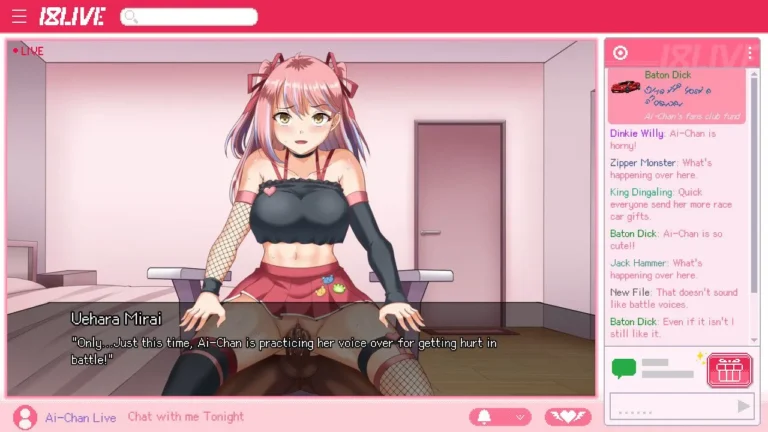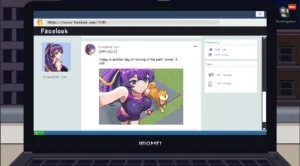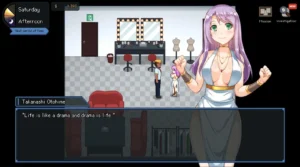
Peeping Dorm Manager review
A Deep Dive into the Game’s Mechanics and Themes
In the realm of interactive media, ‘Peeping Dorm Manager’ stands out for its unique blend of management and narrative elements. Players take on the role of a male character tasked with managing a female dormitory, raising questions about gender roles and player choice. This article delves into the game’s mechanics, themes, and the broader implications of such content in the gaming industry.
Gameplay and Mechanics
Understanding the Role of the Player
Stepping into the shoes of the manager in Peeping Dorm Manager is a unique experience, to say the least. 🎮 You’re not just a background administrator; you’re the central figure responsible for a lively, and often chaotic, female dormitory. I remember my first playthrough, feeling completely overwhelmed—it was like being thrown into a whirlwind of requests, schedules, and personalities. Your role as a male figure in this predominantly female space is a core part of the Peeping Dorm Manager gameplay. It creates an interesting dynamic where your authority, empathy, and decision-making are constantly tested. This setup isn’t just for show; it directly influences how you interact with residents and shapes the entire narrative. Your choices as the manager are the engine of the game, giving you a surprising amount of player choice and agency from the very beginning.
The game cleverly plays with expectations surrounding gender roles in gaming. Instead of a typical power fantasy, you’re placed in a position of care and responsibility. Your success isn’t measured by conquest, but by your ability to manage, understand, and support the diverse group of residents. It’s a refreshing twist that adds depth to the standard management sim formula. You’re a leader, a confidant, and sometimes, a mediator. This multifaceted role is what makes the Peeping Dorm Manager gameplay so compelling and distinct from other titles in the genre.
Managing the Dormitory: Challenges and Rewards 🏘️
So, what does a day in the life of a dorm manager actually look like? It’s a delicate balancing act. The core loop of this and other dorm management games involves a cycle of tasks, but “Peeping Dorm Manager” adds its own flavorful spin. You’re juggling everything from allocating room assignments and managing the budget for amenities to resolving disputes between residents. I learned the hard way that putting two residents with clashing personalities in adjacent rooms is a recipe for daily complaints! 😅
The challenges are what make the rewards so satisfying. A disorganized dorm leads to unhappy residents and low performance metrics. But when you successfully upgrade a common room or solve a major conflict, you see a direct, positive impact on the dorm’s atmosphere and your relationships with the characters.
Here’s a quick look at some core management pillars:
| Challenge | Reward |
|---|---|
| Balancing a tight budget for dorm improvements | Unlocking new facilities that boost resident happiness |
| Resolving personal conflicts between residents | Strengthened bonds and unique friendship events |
| Maintaining dorm秩序 and enforcing rules | Earning respect and unlocking special management perks |
The true reward isn’t just a high score; it’s seeing a thriving, happy community that you built through your efforts. This tangible progress is a hallmark of great dorm management games and is executed wonderfully here. Every decision, from a small purchase to a major rule change, has a ripple effect. 💫
Character Development and Progression 📈
This is where “Peeping Dorm Manager” truly shines. The game features a deep system for character progression in games. You aren’t just managing a building; you’re managing relationships. Each resident has her own backstory, personality traits, and personal goals. As you interact with them through daily tasks and conversations, you build trust and unlock new dialogue options and story events.
Your own manager character also grows. You earn experience and points that can be invested in a skill tree, allowing you to specialize. Do you want to become a financial whiz who can afford the best upgrades quickly? Or perhaps a charismatic leader who can easily diffuse any tense situation? This layer of character progression in games means that no two playthroughs need to be the same. Your player choice and agency determine not only the story’s outcome but also the very tools you have at your disposal to manage it.
Pro Tip: Don’t try to be everyone’s friend at once. Focus on building deep connections with a few residents at a time to unlock their full story arcs more quickly.
The beauty of the system is that it’s interconnected. A resident’s personal growth often depends on your support. For instance, helping a shy resident gain confidence might involve assigning her a specific roommate or choosing encouraging dialogue options during key events. Your investment in her character progression pays off when she becomes a more active and happy member of the dorm, which in turn makes your job easier. It’s a brilliant feedback loop. 🔄
Example: In one of my playthroughs, I consistently sided with a resident named Maya during her arguments with another character. This choice not only solidified my friendship with Maya, unlocking a special side story about her artistic ambitions, but it also permanently altered the dynamic between the two residents. The other character became more distant, creating a new, ongoing management challenge I had to navigate. This is a perfect example of how player choice and agency in Peeping Dorm Manager gameplay directly shape the narrative landscape and the depth of character progression, making your personal journey through the game truly your own. ✨
In conclusion, ‘Peeping Dorm Manager’ offers a unique gaming experience that challenges traditional gender roles and player expectations. By exploring its mechanics and themes, players can gain insights into the broader implications of such content in the gaming industry. Whether you’re interested in management games or curious about the narrative elements, this game provides a thought-provoking experience.













